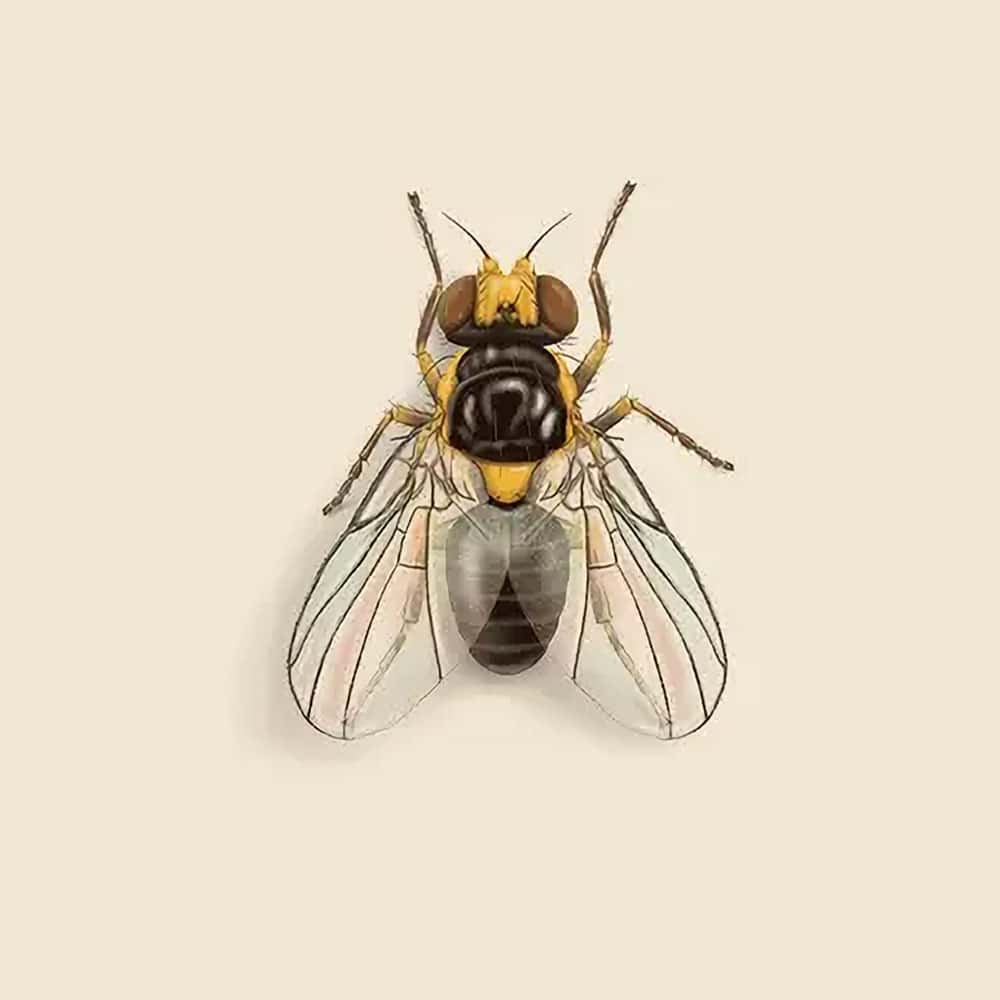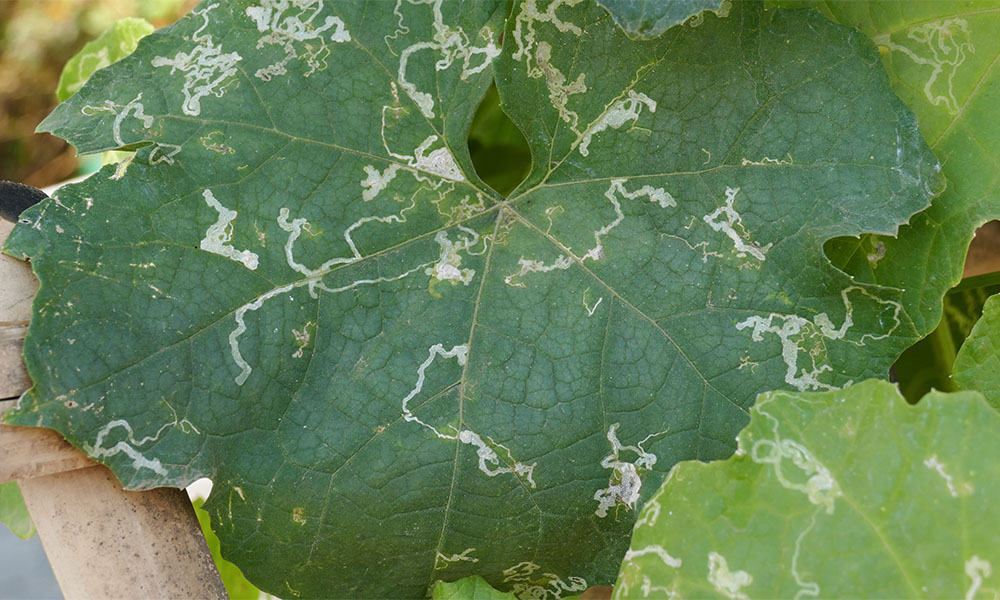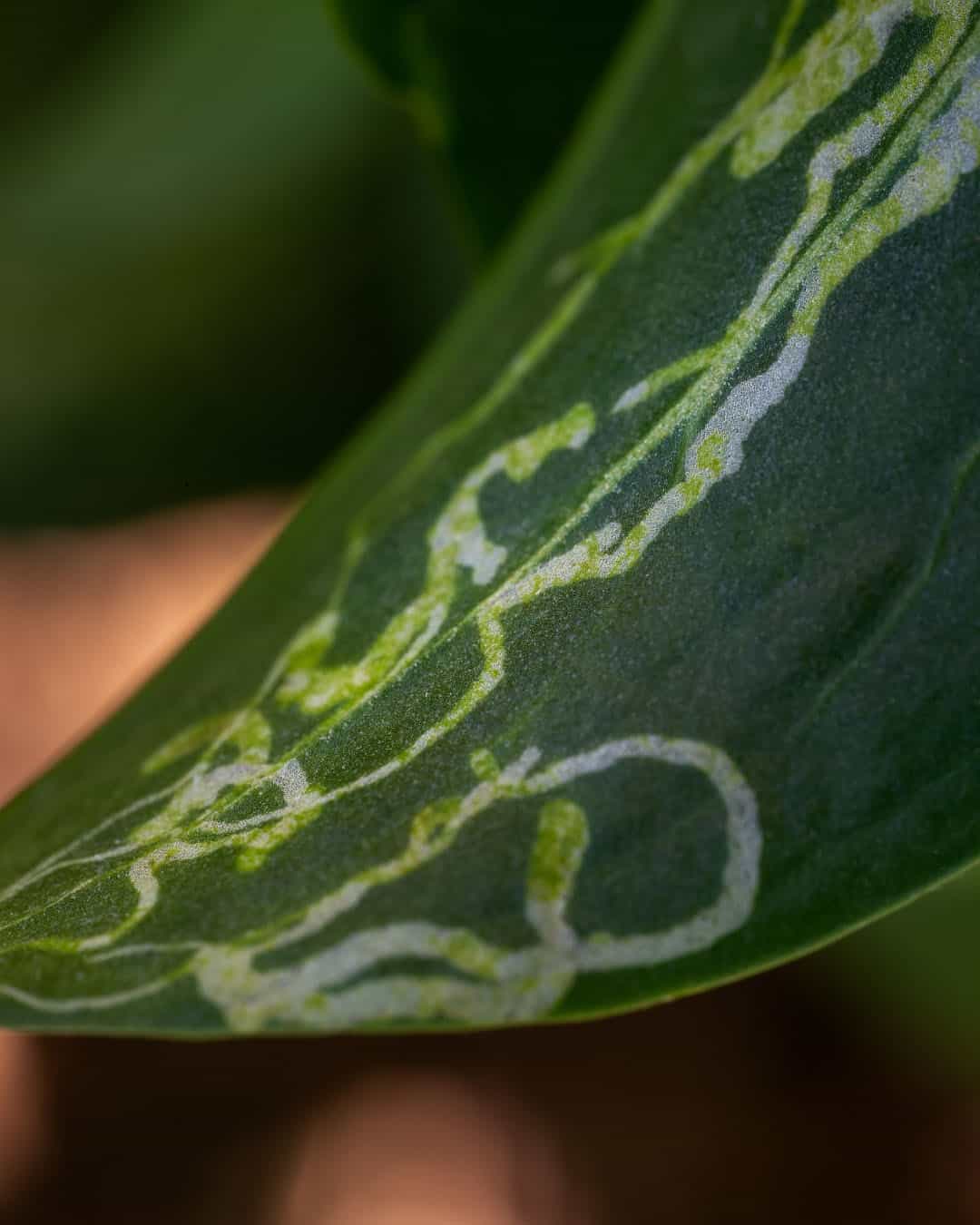Leaf Miner Facts & Information
Leaf miners, known for their distinctive damage to plant leaves, can pose significant challenges for gardeners and property owners. Their tunneling activity disrupts the appearance and health of plants, making effective management crucial for maintaining healthy vegetation.

Agromyzidae
What You Need To Know About Leaf Miners
What do leaf miners look like?
Leaf miners are the larval stage of certain insects, including flies, beetles, and moths, that tunnel between the layers of a leaf. The adult insects vary in appearance, but the larvae are typically small, white to yellowish, and have a soft, worm-like body. They are not easily visible unless you inspect the leaf closely.
What do leaf miners eat?
Leaf miners feed on the tissues inside leaves, creating distinctive trails or blotches as they consume the plant material. Their diet consists exclusively of leaf tissue, and they are particularly damaging to plants by disrupting their ability to photosynthesize.
What sort of habitat do leaf miners live in?
Leaf miners are found in a variety of environments where their host plants are present. They can infest garden plants, ornamental shrubs, trees, and crops. They are commonly found in both outdoor and greenhouse settings, where they can easily access the leaves of their host plants.
How do leaf miners commonly behave?
Leaf miners are known for their destructive feeding habits. The larvae create visible mines or patterns in the leaves as they tunnel through the tissue. These mines can appear as narrow, winding trails or larger blotchy areas, depending on the species and their feeding behavior. They are generally well-hidden within the leaf tissue, making them difficult to detect until significant damage is done.
Did you know this about leaf miners?
Leaf miners have a significant impact on agriculture and gardening due to their feeding damage. They can cause aesthetic damage to ornamental plants and reduce the quality and yield of crops. Interestingly, the patterns they create in leaves can be used to identify the specific species of leaf miner, as different insects create distinct types of mines. Some leaf miner species are also known for their ability to mine multiple types of plants, making them versatile pests in various environments.
Understanding Leaf Miner Infestations
Understanding leaf miner infestations is essential for effective control. Leaf miners are the larvae of various insects, such as flies or moths, that feed between the layers of leaves. Their feeding creates visible trails or "mines" within the leaf tissue, leading to leaf discoloration, deformation, and sometimes leaf drop. Leaf miners are often found on a wide range of plants, including vegetables, ornamental plants, and fruit trees.

How Hearts Handles Leaf Miner Treatment
Hearts Pest Management employs an integrated pest management approach to handle Leaf miner infestations.
Leaf miner Inspection
Leaf miner Treatment
Leaf miner Prevention
Educational Resources

Think You Might Have a Leaf Miner Infestation?
At Hearts Pest Control, we understand the challenges associated with Leaf Miner infestations and are here to provide professional solutions tailored to your needs. Flourishing in warm and humid climates, they are prevalent in many regions, including San Diego County, Orange County, and Los Angeles County.